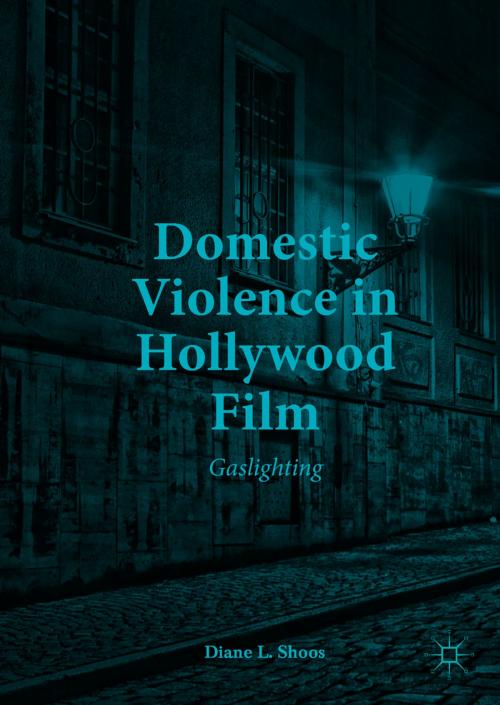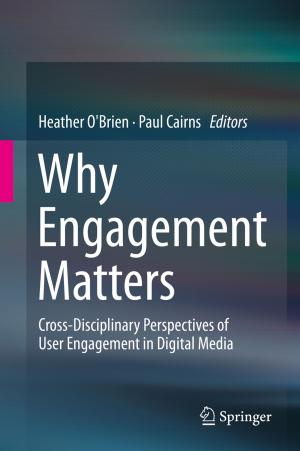Domestic Violence in Hollywood Film
Gaslighting
Nonfiction, Social & Cultural Studies, Social Science, Crimes & Criminals, Criminology, Gender Studies| Author: | Diane L. Shoos | ISBN: | 9783319650647 |
| Publisher: | Springer International Publishing | Publication: | December 19, 2017 |
| Imprint: | Palgrave Macmillan | Language: | English |
| Author: | Diane L. Shoos |
| ISBN: | 9783319650647 |
| Publisher: | Springer International Publishing |
| Publication: | December 19, 2017 |
| Imprint: | Palgrave Macmillan |
| Language: | English |
This is the first book to critically examine Hollywood films that focus on male partner violence against women. These films include Gaslight, Sleeping with the Enemy, What’s Love Got to Do with It, Dolores Claiborne, Enough, and Safe Haven. Shaped by the contexts of postfeminism, domestic abuse post-awareness, and familiar genre conventions, these films engage in ideological “gaslighting” that reaffirms our preconceived ideas about men as abusers, women as victims, and the racial and class politics of domestic violence. While the films purport to condemn abuse and empower abused women, this study proposes that they tacitly reinforce the very attitudes that we believe we no longer tolerate. Shoos argues that films like these limit not only popular understanding but also social and institutional interventions.
This is the first book to critically examine Hollywood films that focus on male partner violence against women. These films include Gaslight, Sleeping with the Enemy, What’s Love Got to Do with It, Dolores Claiborne, Enough, and Safe Haven. Shaped by the contexts of postfeminism, domestic abuse post-awareness, and familiar genre conventions, these films engage in ideological “gaslighting” that reaffirms our preconceived ideas about men as abusers, women as victims, and the racial and class politics of domestic violence. While the films purport to condemn abuse and empower abused women, this study proposes that they tacitly reinforce the very attitudes that we believe we no longer tolerate. Shoos argues that films like these limit not only popular understanding but also social and institutional interventions.















